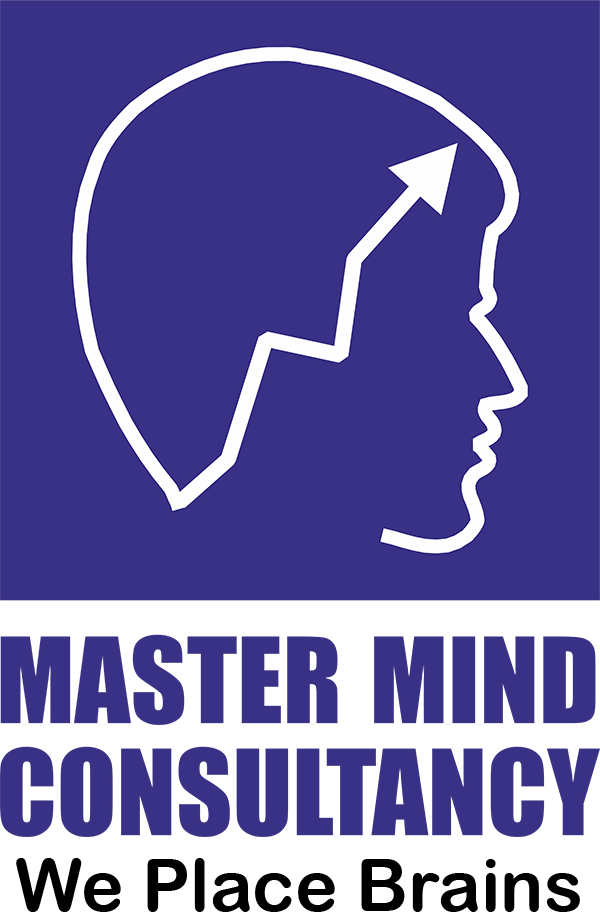18
DecJob Search Resolutions for 2025: Tips to Land Your Dream Role
18-12-2024
Soft skills encompass the capabilities that
empower you to establish connections with others, articulate your thoughts
effectively, and confront various challenges. These encompass a range of
abilities, including communication, collaboration, problem-solving, creativity,
leadership, and emotional intelligence.
Soft skills
are not limited to your personal life; they play a pivotal role in your
professional journey. In today's dynamic workplace landscape, shaped by
technological advancements, globalization, and shifting social dynamics,
possessing soft skills is imperative for maintaining a competitive edge and
driving positive change.
Here are some
of the advantages of cultivating and utilizing soft skills in the contemporary
professional environment:
Soft Skills Enhance Collaboration and Teamwork:
Soft
Skills Foster Innovation and Creativity:
· The modern
workplace is dynamic and competitive, requiring the ability to handle
uncertainty and complexity.
· Soft skills
like creativity, critical thinking, and problem-solving enable individuals to
think differently and find innovative solutions.
· They also
encourage a willingness to accept feedback, learn from mistakes, and improve
performance.
Soft
Skills Facilitate Personal and Professional Development:
· Lifelong
learning is essential in the modern workplace, necessitating continuous skill
and knowledge updates.
· Soft skills
such as self-motivation, self-awareness, and resilience empower individuals to
take charge of their development.
· They also aid in managing stress, emotions, and work-life balance, contributing to overall growth and well-being.
Mastering
soft skills in the modern workplace is an ongoing journey that requires dedication
and practice. Observe how individuals with strong soft skills handle different
situations, such as communication, negotiation, or leadership. Practice
Regularly, consistent practice is key to mastery. Apply your soft skills in
various settings, including at work, at home, and in social situations.
Remember that mastering soft skills is an ongoing process, and there's always room for improvement. By incorporating some strategies into your daily routine, you can enhance your soft skills and increase your effectiveness in the modern workplace.
"Soft
skills are the real power skills—those truly important skills that make or
break your career." - Peggy Klaus
Soft skills
are crucial for the future of work for several compelling reasons
Effective
Collaboration: With the
globalized nature of work, collaboration across diverse teams and cultures is
increasingly common. Soft skills such as teamwork, communication, and cultural
sensitivity are fundamental for building strong working relationships and
achieving collective goals.
Leadership
and Decision-Making: Effective
leadership, characterized by qualities like emotional intelligence and ethical
decision-making, will be in high demand. Leaders who can inspire and guide
teams, make ethical choices, and navigate ambiguity will be instrumental in
shaping the future of work.
Customer-Centric
Focus: Soft skills
such as empathy and communication are essential for understanding and meeting
customer needs. In an era where customer-centricity is paramount, these skills
are invaluable for creating positive customer experiences.
Innovation
and Creativity: Soft skills
like creativity and innovation will drive advancements in product development,
service delivery, and problem-solving. These skills are vital for staying ahead
of the competition and delivering value to organizations and society.
Interpersonal
Relationships: Building
strong interpersonal relationships within the workplace fosters a positive and
productive environment. Soft skills like conflict resolution and active
listening play a crucial role in resolving disputes, promoting teamwork, and
maintaining employee well-being.
Value Creation: Ultimately, soft skills enable individuals to create value and make a meaningful impact on their organizations and society. By developing these skills, workers can contribute positively to their workplaces and communities.
